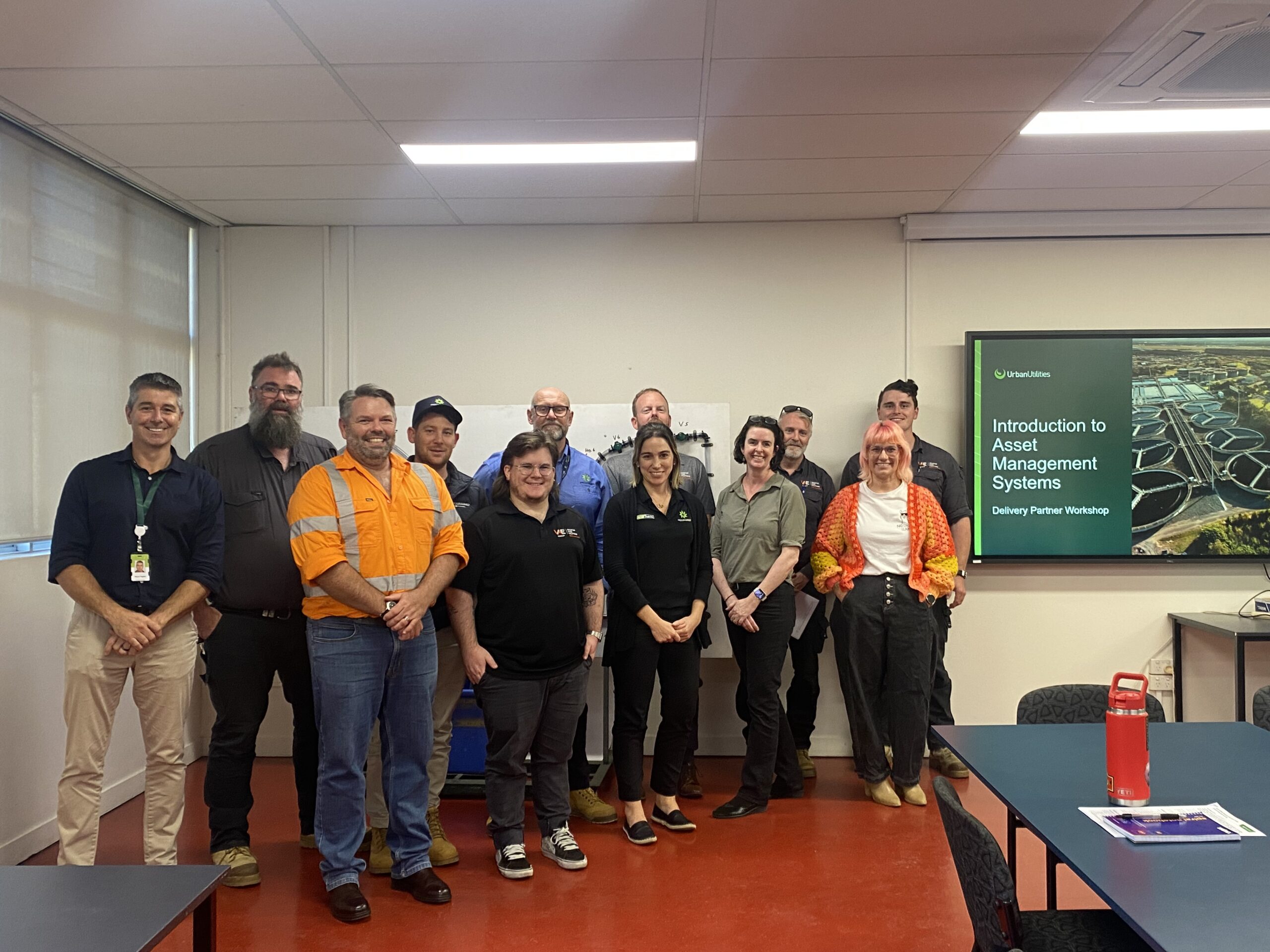Programmed Skilled Workforce Executive General Manager – Safety, Shah Abdul-Rahman recently spoke to the Safety Institute of Australia (SIA) OHS Professional magazine about the occupational health and safety challenges for the staffing industry and shared his top tips for organisations working with staffing providers to help protect their workforce.

What are the key OHS challenges for staffing agencies?
The on-hire sector experiences a significantly higher rate of injury from incidents across all industries. This is clear in both industry research and aligns to my own experience overseeing WHS in one of the largest staffing agency in Australia and New Zealand. There are several reasons for this.
Firstly, one of the most consistent causes of serious injury in this sector is change of duties. As part of Programmed’s workplace risk assessment process, we assess every role that we’re requested to supply. This allows us to validate both the hazards and controls in place as well as ensuring that we can match the skills and competencies necessary for that particular role.
Unfortunately, one of the biggest challenges we face, is that host employers may instruct our deployed field employees to perform a task they are not qualified to do or one that hasn’t been assessed by us. For example, it’s not uncommon to see incidents where field employees who have been deployed in the role of a General Hand or General Labourer to have sustained serious injuries as a result of troubleshooting, cleaning, repairing or operating plant equipment under instruction of a supervisor. Similarly there have been incidents of deployed field employees being requested to operate mobile plant equipment which were well beyond their qualifications or level of competence.
We spend a large portion of our engagement with our field employees on our ‘Stop and Report’ program which targets activities our employees have been asked to do outside the domain of their assignment. It’s important to recognise that our field employees want and need continuity of work. They have bills to pay and families to support therefore it’s important they’re seen to be cooperative and reliable. Unfortunately, often when they’re faced with a situation of being instructed to perform a task that is unsafe or beyond their qualification, many field employees take the chance and this is when we see many incidents occur.
Secondly, organisations typically engage contractor employees to meet a short term productivity demand. We find some host employers are more reluctant to invest the same amount of time and energy in the on boarding, induction and training for a contractor employee over that of a permanent employee. The result is that the deployed employee may be less skilled in their assigned work tasks, be unaware of specific workplace hazards and lack the confidence to speak up on health and safety matters associated with their assigned work.
Both challenges contribute to the perception that the staffing sector, in my opinion, often unfairly scrutinised for being dubious and failing to meet employment and WHS obligations. These perceptions are a legacy of the sham staffing providers of the past and was part of the catalyst for the introduction of the recent labour hire licensing laws.
Staffing agencies do not own the assets which employees are working on or operating within. They generally do not own the systems which employees are working under and in many cases do not provide the immediate supervision of the workers. Within Programmed, we pride ourselves on the safety journey we have been on. Our strategy relies on collaboration with our customers to ensure that the health and safety of our personnel and that of the customer is effectively met.
What about the organisations engaging staffing agencies, what challenges do they as host employers face?
When engaging staffing services, host employers face as many challenges as agencies. One of the biggest issues that host employers face is having the confidence that the contracted employee that turns up at the front gate has the right skills, attributes and experience necessary to safely perform the assigned role and not place either themselves or others at risk. Mitigating the risk of the wrong person to the role means investing the time with the staffing agency to ensure the person is completely across the minimum requirements of the job role, the work environment, team dynamics and, where possible, actively participating in the final screening process.
Another challenge for host employers is to determine how much time they spend on on-boarding contractors to the organisation. When you’re looking for an employee for three weeks and you have a one week program, many hosts are reluctant to invest in the time or expense. What we’ve seen can work well in this situation, particularly in the unskilled to semi-skilled arena, is to start off with a narrow work scope coupled to a competency assessment and buddy up program.
A third challenge for host employers is working out what their WHS obligations are in relation to the contracted employee pool. Under the model WHS Act, both Agency and Host Employer are seen as a Person Conducting a Business or Undertaking (PCBU) and if there is a lack of active communication between the two parties, assumptions are made as to who has primary responsibility for the safety of the employee. This can extend to obligations surrounding health surveillance, protective equipment, provision of information, training and supervision, and often extends to the provision of safe systems of work.
I encourage all host employers to actively engage with your staffing provider to work through these matters in a proactive and systematic manner.
What are some key strategies and advice for host employer companies in general, who are engaging with staffing agencies to protect the health, safety and well-being of both contracted employees and host employers alike?
When it comes to assessing health, safety and well-being across sectors and organisations, staffing agencies are in a valuable position. We have the opportunity to see how these elements are managed across multiple sectors and employers groups and use this information and experience to benchmark, create and apply best practice within our own organisation. Unfortunately, a lot of employers fail to see how staffing agencies can support them in their safety journey.
My three tips for host employers:
- Make inquiries with your incumbent staffing agency and effectively assess what they are currently doing to manage the health and safety of their deployed employees.
- See your staffing agency as an extension of your organisation. Take the time to build a relationship with the staffing provider and formulate a collaborative health and safety improvement strategy. This can extend to initiatives like education/training campaigns, risk assessment support, well-being initiatives and bench marking programs.
- Work with your staffing provider in setting up an aligned early intervention strategy. We have found that where there is an upfront and agreed early intervention and injury management program, the well-being of injured employees through the process is heightened and their propensity for return to work is higher.
This is an edited extract from an article that was originally published in the December edition of the Safety Institute of Australia OHS Professional magazine.
Programmed is a leading Staffing and Maintenance organisation, providing staffing, professional, technical, training and maintenance services across Australia and New Zealand with more than 20,000 employees supporting industry. Are you ready for your next career opportunity? Browse jobs here





